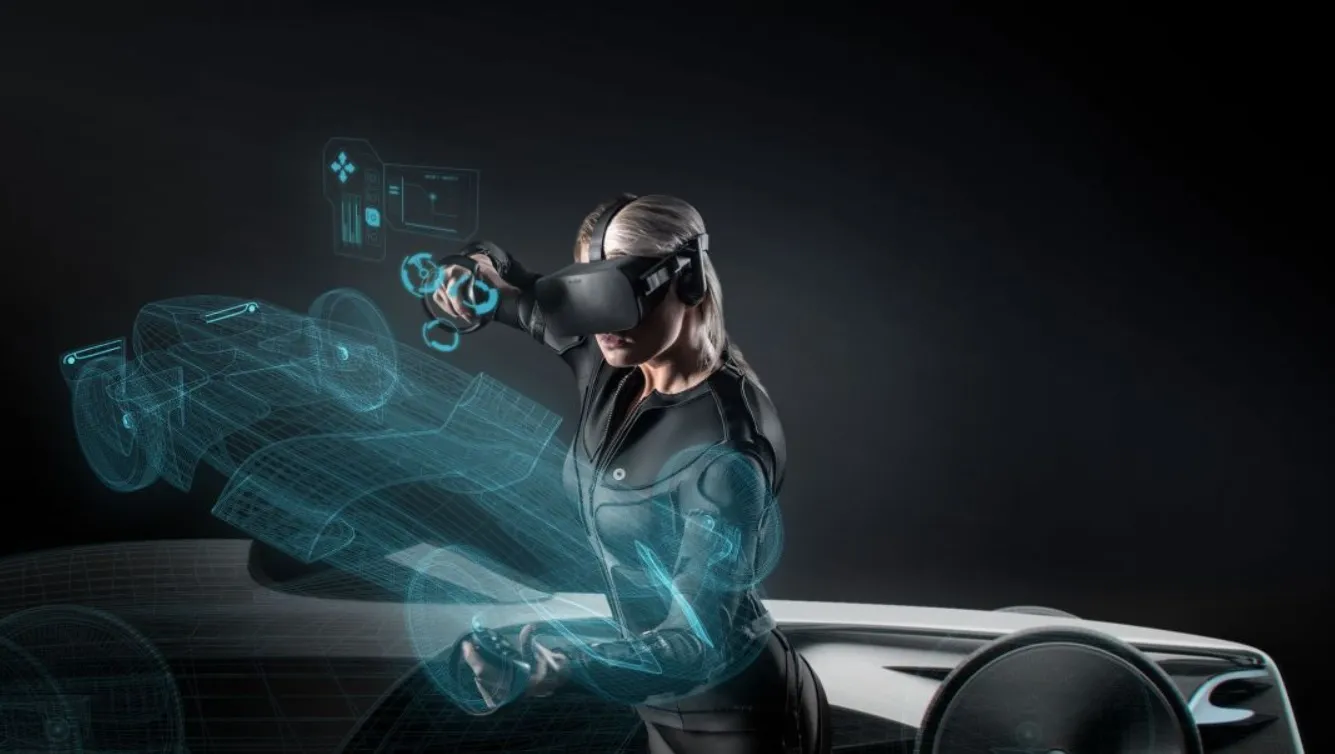Virtual reality (VR) and blockchain technology are two of the most exciting and rapidly-evolving fields in the world of gaming today. In this article, we will explore what these technologies are, how they work, and how they are poised to shape the future of gaming in the years to come.
Virtual reality, also known as VR, is a computer-generated simulation of a three-dimensional environment that can be interacted with using specialized equipment, such as a VR headset. VR technology creates a fully immersive experience that allows users to feel as though they are physically present in the virtual world. This technology is already being used in a variety of applications, including gaming, education, and healthcare.
Blockchain technology, on the other hand, is a decentralized, digital ledger that can be used to record transactions across a network of computers. It is the underlying technology behind cryptocurrencies like Bitcoin and Ethereum, but it has far-reaching potential in many other industries as well, including gaming.
How will these technologies affect the future of gaming
So, how will these technologies affect the future of gaming? For one, virtual reality has the potential to revolutionize the way we play games, making them more immersive and interactive than ever before. With VR technology, players will be able to explore and interact with virtual worlds in ways that were once unimaginable. This technology will also open up new opportunities for game developers, as they will be able to create more complex and detailed virtual environments for players to explore.
Blockchain technology, on the other hand, has the potential to revolutionize the way we buy, sell, and trade in-game items and currencies. With blockchain, players will have more control over their digital assets and will be able to trade them with other players in a secure and transparent way. This technology will also open up new opportunities for game developers, as they will be able to create new in-game economies and monetization models.
In addition, both VR and blockchain technology have the potential to change the way we play games with other players. VR technology will enable players to interact with each other in a more immersive and realistic way, while blockchain technology will enable players to trade items and currencies with other players in a secure and transparent way.
Real cases with these technologies
Decentraland
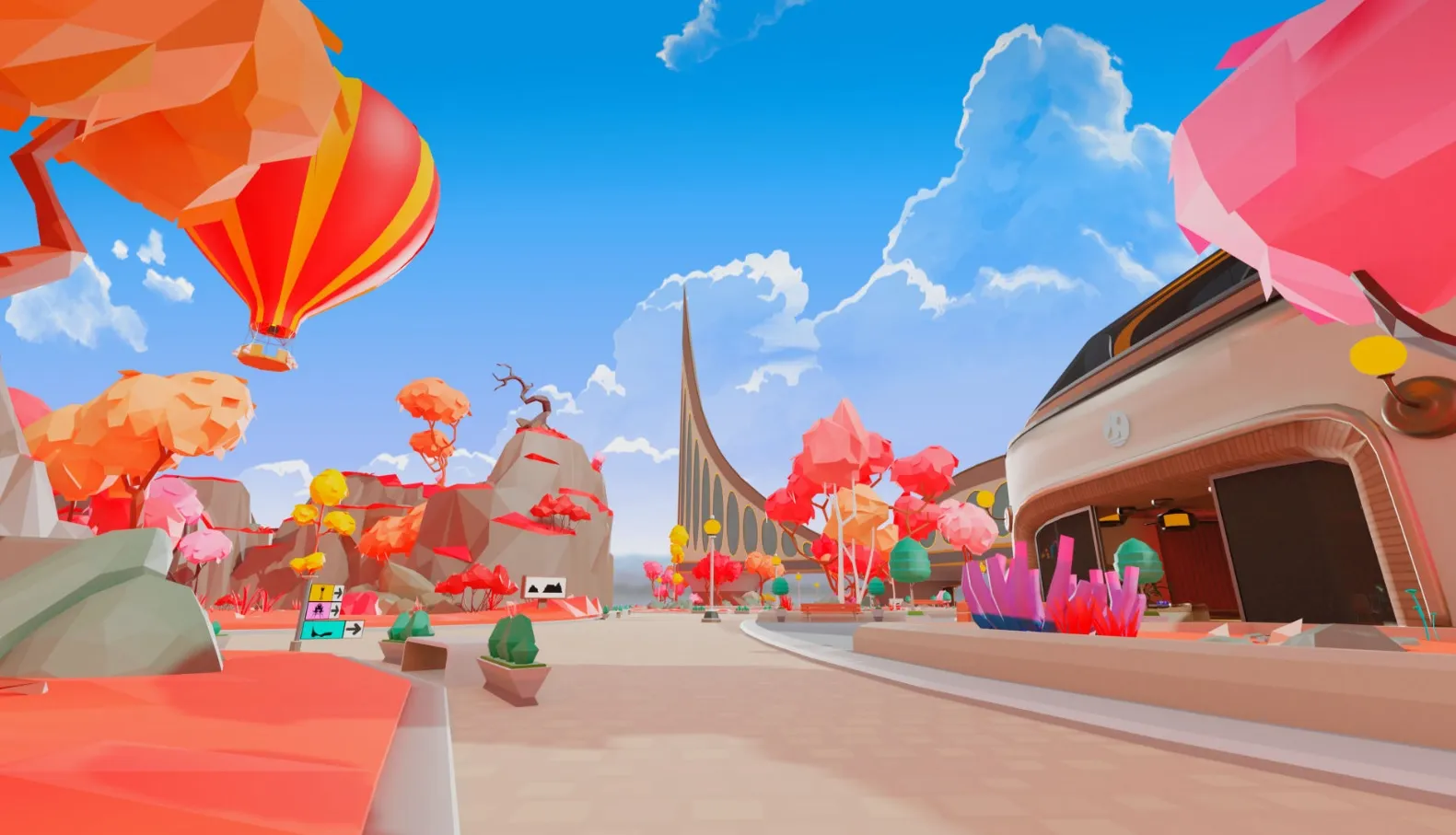
Decentraland is a 3D decentralized virtual reality platform that runs on the Ethereum blockchain. Players can purchase, develop and monetize their own virtual plots of land in the game’s virtual world. They can also create and share their own content, such as games and experiences, and even attend virtual events and gatherings. This 3D decentralized virtual reality platform allows users to have real ownership over their virtual assets and use them as they wish.
Cryptovoxels
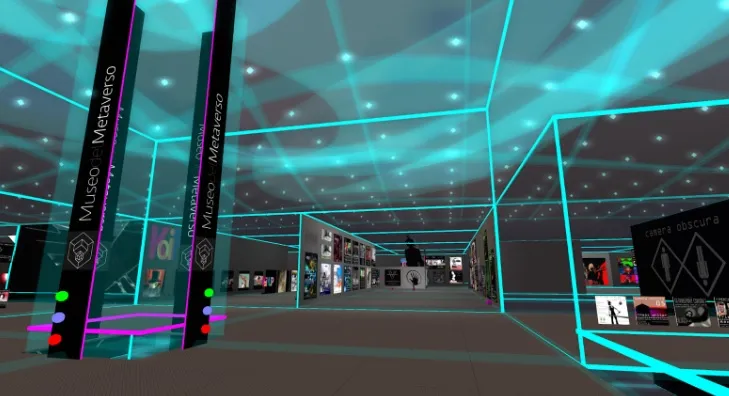
This is a virtual world and metaverse, powered by the Ethereum blockchain. Users can buy and own parcels of land in a virtual world and build their own virtual scenes and experiences, also can trade and sell them with other players. Cryptovoxels allows players to have true ownership of their virtual assets and use them as they wish.
The Sandbox
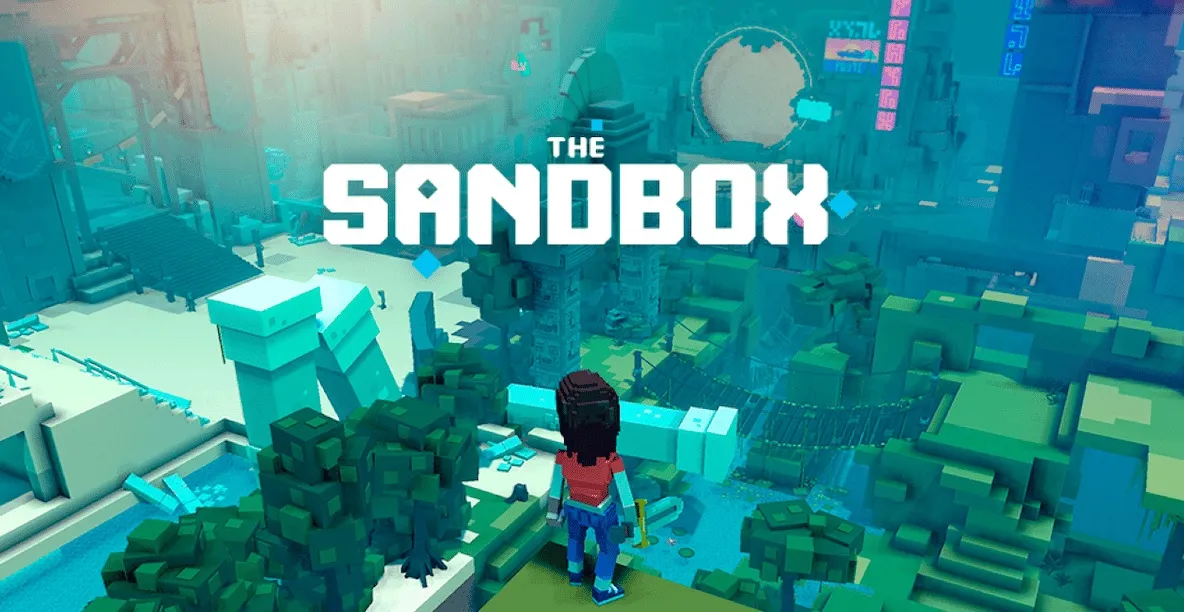
The Sandbox is a virtual reality game that combines gaming and blockchain technology, players can buy, sell, and build on virtual land in the game using the SAND token, which is based on the Ethereum blockchain. Players can create their own games and experiences, and even monetize them through in-game purchases.
Somnium Space
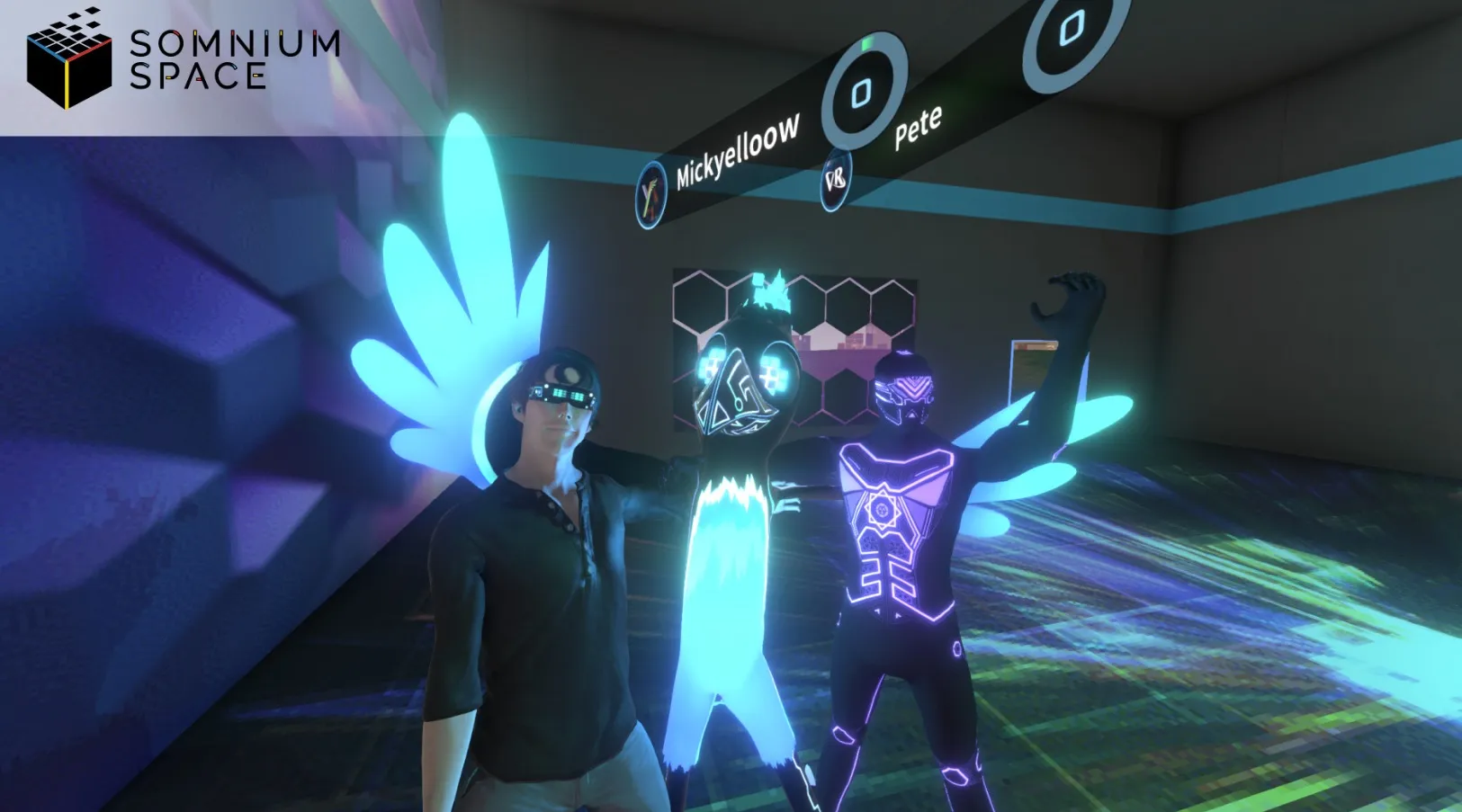
This is an open and social virtual reality (VR) world, a kind of Metaverse like Decentraland, that runs on the Ethereum blockchain, where players can buy and own virtual land, build and monetlo. Somnium Space is a virtual reality game that allows players to buy and own virtual land, build and monetize their own virtual spaces, and explore the game’s virtual world. In this game, players can use the Ethereum blockchain to trade virtual land and assets, and use them to create their own experiences, games or even virtual real-state projects. With this game, players have the ability to have true ownership over their virtual assets and use them as they wish.
War Riders
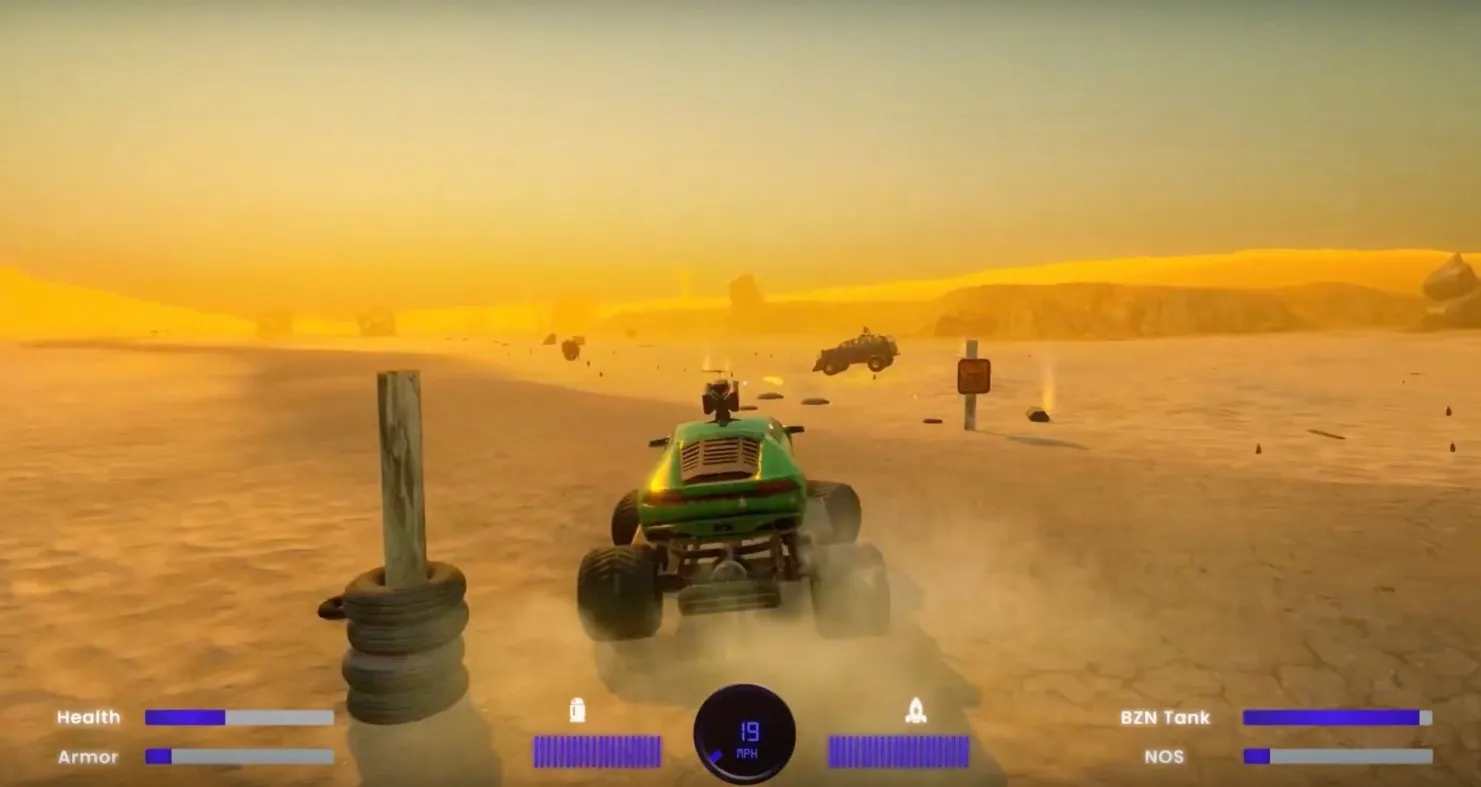
This is a post-apocalyptic massively multiplayer online game that runs on the Ethereum blockchain. Players can buy, upgrade and customize their own armored vehicles and compete in battles to earn cryptocurrency. War Riders allows players to have true ownership of their virtual assets and use them as they wish.
These are just a few examples of the many games that are currently using virtual reality and blockchain technology. As these technologies continue to evolve, we can expect to see more and more games that combine the immersive experience of VR with the security and transparency of blockchain. This combination of technologies will open up new possibilities for players and developers alike, and it will be exciting to see how the future of gaming continues to shape.
Conclusion
In conclusion, virtual reality and blockchain technology are two of the most exciting and rapidly-evolving fields in the world of gaming today. These technologies have the potential to revolutionize the way we play games, making them more immersive, interactive, and secure than ever before. As these technologies continue to evolve, we can expect to see a whole new world of gaming possibilities emerge in the years to come.
Disclaimer: The content and links provided in this article are for informational purposes only. islaBit does not offer legal, financial or investment recommendations or advice, nor is it a substitute for the due diligence of each interested party. islaBit does not endorse any investment or similar offer promoted here.

